The recent initiative by the House of Representatives to decentralize Nigeria’s Supreme Court has sparked widespread approval, especially among legal practitioners who see it as a significant step towards improving judicial efficiency and accessibility. On December 9, a bill was introduced to amend the 1999 Constitution, aiming to establish five additional divisions of the Supreme Court across different geopolitical zones, with Abuja serving both as the headquarters and for the North Central zone.
The bill, sponsored by Manu Soro, seeks to alter Section 230(1) of the Constitution to facilitate the creation of Supreme Court divisions in Umuahia (South East), Bauchi (North East), Uyo (South-South), Lagos (South West), and Kano (North West). The primary objectives outlined in the bill include enhancing access to justice, reducing logistical costs for litigants, and ensuring quicker resolution of cases at the apex court.
Legal professionals have been vocal in their support:
Mrs. Bridget Edokwe, NBA’s National Publicity Secretary, praised the initiative for its potential to expedite case resolutions and reduce the financial burden on litigants. She emphasized the inefficiency of centralizing all Supreme Court appeals in Abuja, particularly for those from other regions.
C.I. Nnamani, an Enugu-based lawyer, echoed these sentiments, highlighting the current delays in appeal judgments which can extend over years. He supported the idea of regional Supreme Court panels to handle cases more swiftly.
Malachy Ugwummadu, a human rights lawyer and former CDHR president, provided historical context by drawing parallels with the 1960/63 constitutions where similar provisions allowed for Supreme Court sittings in various locations for administrative convenience. He noted that if the current proposal is for similar administrative reasons, it would be a commendable return to past practices. However, he also discussed the broader implications of federalism, suggesting that decentralization could enhance state autonomy in judicial matters specific to their regions, while national issues like constitutional interpretation remain centralized.
The discourse also touched on the practical benefits of reducing the Supreme Court’s case backlog, which currently includes even local issues like family and land disputes, congesting the court’s capacity for timely justice. The current situation, where cases might not get a hearing date until the next year or even longer, leads to significant judicial delays, loss of interest among litigants, and even the death of parties or witnesses before case resolutions.
This legislative push towards decentralization is viewed as a potential solution to these problems, aiming for a judiciary that is more responsive, accessible, and efficient, reflecting the needs of a modern, populous nation like Nigeria. However, the success of such reforms would hinge on careful implementation, ensuring that the quality of justice remains consistent across all divisions.

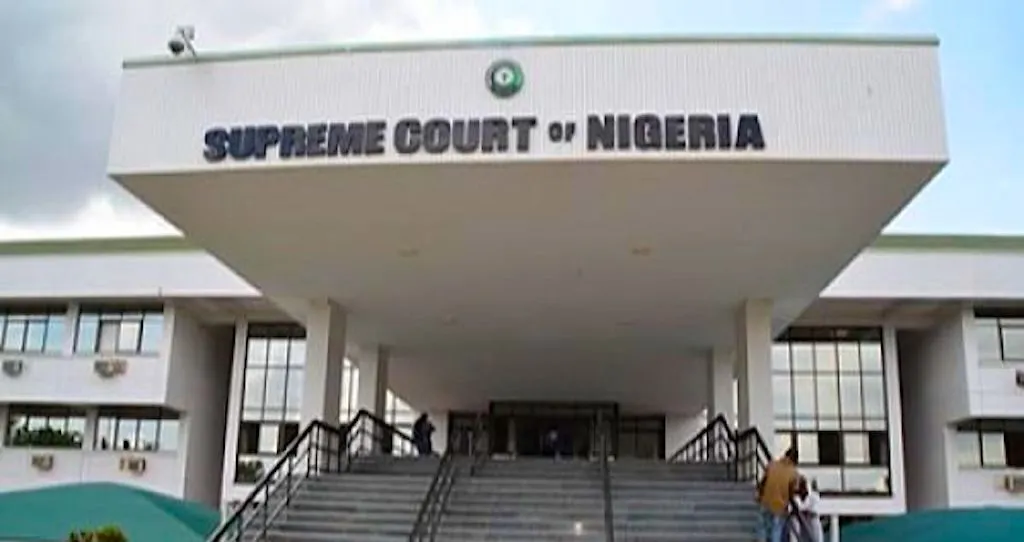



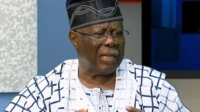
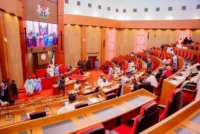


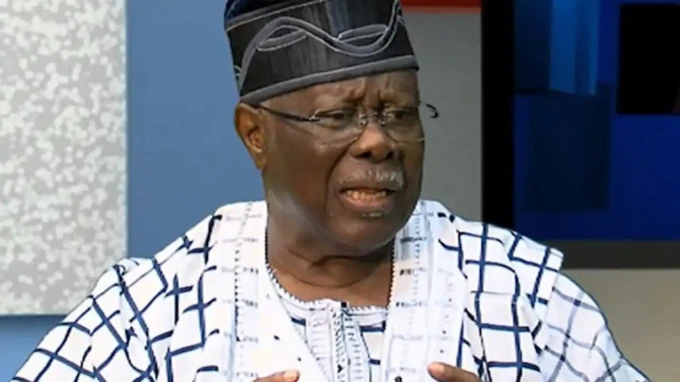

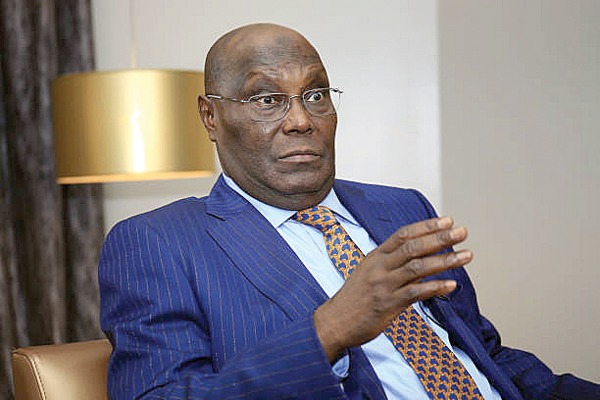
This move by the House of Representatives could shake up the legal system. Exciting times ahead for the Supreme Court!
I dont know, this whole decentralizing the Supreme Court thing feels like a power play. What do you guys think?
Wow, decentralizing the Supreme Court? Interesting move. Will this really improve efficiency or just cause more chaos? Lets discuss!
Im not sure about this move. Will it really improve the justice system or just create more chaos? What do you think?
Wow, decentralizing the Supreme Court? Interesting move, but will it truly improve efficiency or just create more chaos? Thoughts?
I dont know about this move. Will it really make a difference? Seems like a risky gamble to me. #LegalCommunityDebate
Im not sure about this move. Will decentralizing the Supreme Court actually improve its efficiency and effectiveness? Lets discuss!
Im not sure about this move. Will it really improve the legal system or just create more chaos? Time will tell.
Im not sure about this move. Could it lead to a more balanced judicial system or create chaos? Interesting debate!